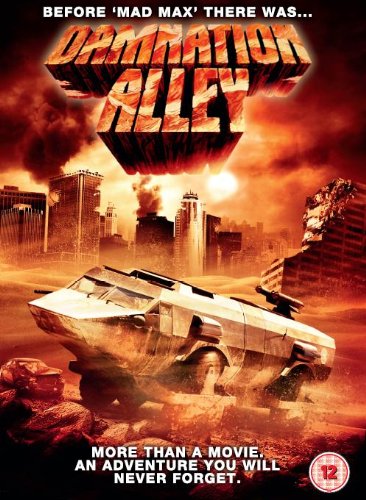Tacit knowledge and loss of reading
The Knowledge attempts to provide a guide to the fundamental principles and processes that underlie our civilisation, and so how to rebuild from scratch if you ever needed to. But trying to rebuild civilisation and resurrect practical skills purely from the knowledge contained in a guide book would be a huge challenge, no matter how extensive it might be. Tasks are achieved not just by knowing the correct information, but also by possessing the required practical skills.
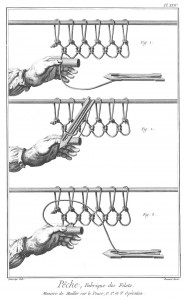 Diderot recognised this short-falling in the mid-1700s and so attempted to preserve not just facts in his encyclopaedia but also the practical or manual skills needed in carpentry, weaving and mining, for example, in detailed engravings. While a picture may well be a worth a thousand words, how can you hope to capture the subtlety of the dextrous motions required for, say, carpentry in just a few images or even a video? Achieving the required ability can take years of apprenticeship, under the tutelage of an already-proficient craftsman.
Diderot recognised this short-falling in the mid-1700s and so attempted to preserve not just facts in his encyclopaedia but also the practical or manual skills needed in carpentry, weaving and mining, for example, in detailed engravings. While a picture may well be a worth a thousand words, how can you hope to capture the subtlety of the dextrous motions required for, say, carpentry in just a few images or even a video? Achieving the required ability can take years of apprenticeship, under the tutelage of an already-proficient craftsman.
This is the problem of implicit or tacit knowledge; something you may know how to do yourself, but would find extremely challenging, if not impossible, to successfully convey to someone else in just words or pictures.

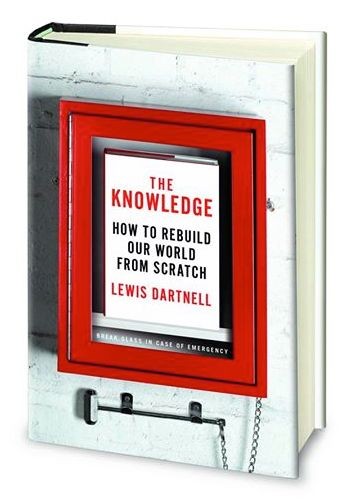
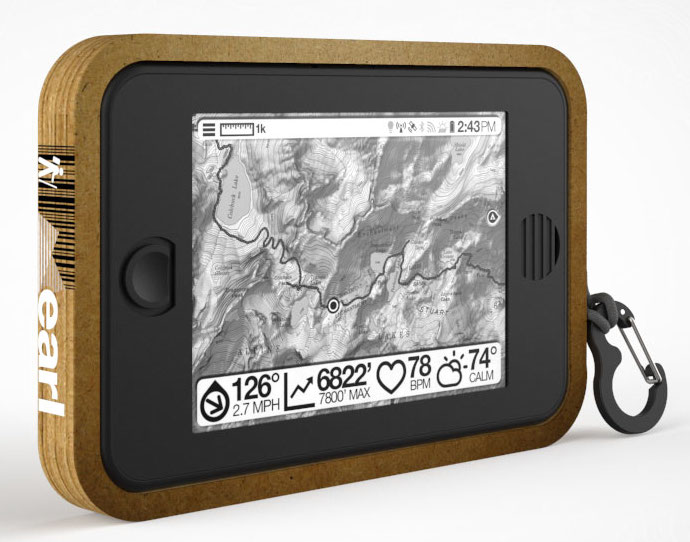
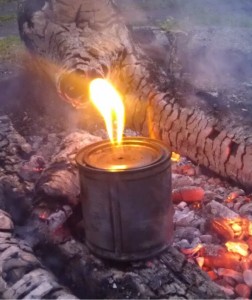 As is clear through-out The Knowledge, one of the fundamental drivers for a vibrant civilisation is its finesse in harnessing thermal energy. Fire is used for everything from cooking food to unlock nutrients and kill pathogens, to roasting lime for mortar and rebuilding, smelting metals and forging iron tools, and creating many of the fundamental substances that society replies upon. Whilst the book isn’t a survival manual with wilderness skills, starting a fire is an interesting problem and charcloth makes the ideal tinder. Charcloth is made by carbonising cloth using the heat of a fire; it’s analogous to charcoal produced from carbonised wood. And the beauty of this, from the point of view of pulling yourself by your own bootstraps, is that once you’ve started one fire you can create charcloth and use that to greatly simplify starting all other fires from then on.
As is clear through-out The Knowledge, one of the fundamental drivers for a vibrant civilisation is its finesse in harnessing thermal energy. Fire is used for everything from cooking food to unlock nutrients and kill pathogens, to roasting lime for mortar and rebuilding, smelting metals and forging iron tools, and creating many of the fundamental substances that society replies upon. Whilst the book isn’t a survival manual with wilderness skills, starting a fire is an interesting problem and charcloth makes the ideal tinder. Charcloth is made by carbonising cloth using the heat of a fire; it’s analogous to charcoal produced from carbonised wood. And the beauty of this, from the point of view of pulling yourself by your own bootstraps, is that once you’ve started one fire you can create charcloth and use that to greatly simplify starting all other fires from then on.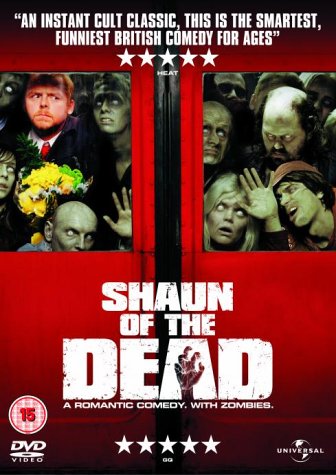
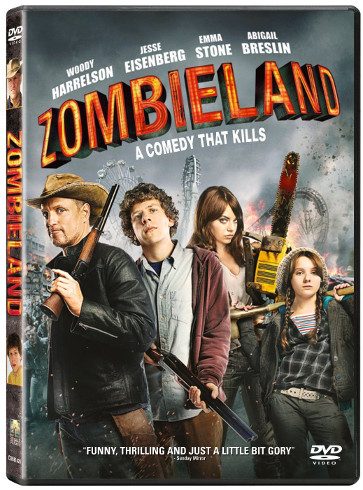
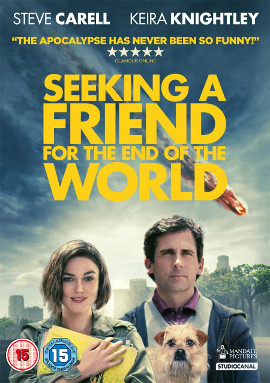
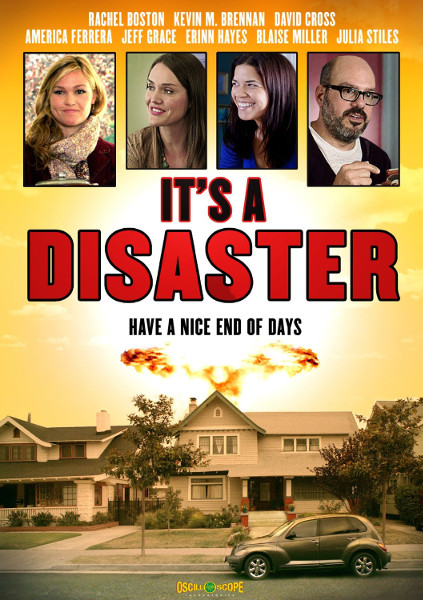

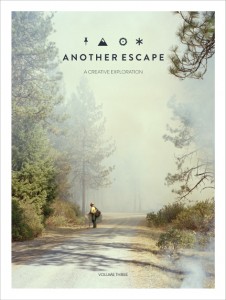
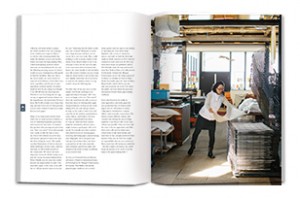 ‘Another Escape’ is a British-published magazine, but has a truly global outlook in the eclectic topics it features. The magazine is a feast for the eyes as well, and the accompanying illustrations and photography are absolutely gorgeous.
‘Another Escape’ is a British-published magazine, but has a truly global outlook in the eclectic topics it features. The magazine is a feast for the eyes as well, and the accompanying illustrations and photography are absolutely gorgeous. The collapse of civilisation and loss of the majority of humanity is the starting point for the thought experiment in The Knowledge. The Introduction explores what sort of world the survivors of the cataclysm might find themselves in, and the challenges they’d face thriving in the immediate aftermath and striving to rebuild civilisation from the ground up. The book touches upon many tropes of post-apocalyptic literature and cinema, which are expanded upon elsewhere in this website (e.g.
The collapse of civilisation and loss of the majority of humanity is the starting point for the thought experiment in The Knowledge. The Introduction explores what sort of world the survivors of the cataclysm might find themselves in, and the challenges they’d face thriving in the immediate aftermath and striving to rebuild civilisation from the ground up. The book touches upon many tropes of post-apocalyptic literature and cinema, which are expanded upon elsewhere in this website (e.g. 